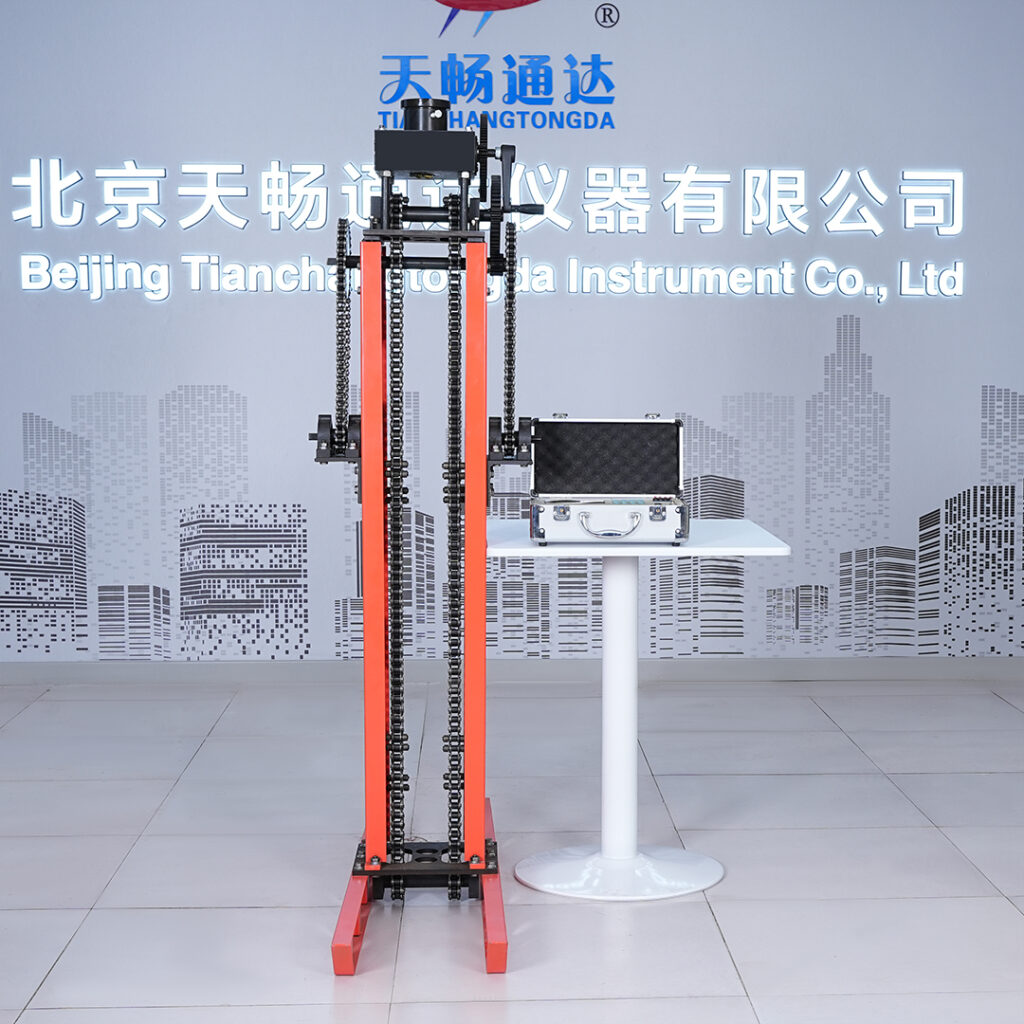In large-scale infrastructure projects such as highways, precision in soil investigation can determine the success—or failure—of the entire build. This case study illustrates how the Static Cone Penetrometer (SCPT) was used to evaluate the subgrade conditions for a regional expressway project, providing real-time, reliable data that reduced design risk and helped optimize foundation planning.
By examining this real-world scenario, you’ll see how SCPT performs in demanding field conditions and why it’s increasingly favored over traditional testing methods in transportation engineering.
🛣 Project Overview
- Project: National Highway Expansion Phase III
- Location: Central Asia region (clay-dominant terrain)
- Length of segment: 18.6 kilometers
- Purpose: Assess subgrade strength for pavement and bridge approaches
- Client: Government road authority + design contractor
- Testing tool used: Static Cone Penetrometer from TestEquipHub
🎯 Objectives of Soil Investigation
The engineering team needed to:
- Evaluate load-bearing capacity at 50+ test points.
- Detect soft spots or weak soil zones under planned pavement layers.
- Confirm soil stratification for multiple bridge embankment areas.
- Optimize the use of imported fill material (reduce cost).
Speed, repeatability, and in-situ data were key.
🔍 Testing Approach
Equipment Used:
- Static Cone Penetrometer (SCPT)
- Probe type: Double-bridge cone
- Resolution: 1/20000
- Accuracy: ±0.1%
- Display: 240×128 dot matrix, real-time 10-depth view
- Battery life: ≥50 hours per charge
- Data export: USB & RS232
📦 Total kit weight: 0.5 kg, no additional power source required
Deployment:
- 2 operators covered 7–10 test points per day
- Each test reached 3–5 meters depth, 10 cm interval logging
- Testing spanned across 12 working days
💡 Data logs were reviewed daily and integrated into CAD-based design models.
📊 Results Summary
| Test Point | Max qc (MPa) | Friction Ratio (%) | Interpretation |
|---|---|---|---|
| T-03 | 4.8 | 2.1 | Silty sand w/ moderate stiffness |
| T-09 | 2.1 | 4.3 | Clay layer, low strength zone |
| T-16 | 6.2 | 0.9 | Dense granular base, ideal for pavement |
| T-23 | 1.5 | 5.0 | Saturated clay, required soil replacement |
Key Observations:
- 8 sites showed low bearing strength, prompting foundation redesign
- 3 embankment zones had deeper weak layers than anticipated
- SCPT data helped avoid overuse of expensive geotextile reinforcement
🧠 Engineering recalculations based on SCPT saved approx. $31,000 in material costs.
✅ Benefits of Using SCPT in This Project
| Benefit | Impact |
|---|---|
| Real-time data | On-site decision-making, no lab delay |
| High resolution | Clear layer transitions and problem detection |
| Lightweight | Single operator use, minimal mobilization |
| Internal memory | Allowed continuous testing even without a laptop |
| USB export | Seamless CAD/GIS integration |
The SCPT played a key role in shortening the design cycle and enhancing safety margins for the highway pavement.
🛠 Our SCPT in Action: Built for Fieldwork
- 🧰 Durable enclosed design
- 🔋 50+ hours continuous runtime
- 📱 On-screen display for up to 10 depths
- 💾 Internal memory for 10+ test sessions
- ⚡ Auto-zero + manual calibration on site
- 🔌 USB + RS232 ports
🙋 Frequently Asked Questions
Q1: Would this work for other transportation projects?
Yes. SCPT is ideal for rail, bridges, airport subgrades, and embankment assessments.
Q2: Can SCPT detect water tables?
If using a pore pressure cone, yes. It can measure pore pressure buildup in saturated layers.
Q3: Can I reproduce the testing protocol used in this case?
Absolutely. We provide user manuals, on-site guidance, and direct WhatsApp support for your team.
📞 Plan Smarter Infrastructure With SCPT
Whether you’re building highways, bridges, or urban transit lines, having reliable soil data upfront prevents design failures and budget overruns.
✅ Explore the product: Static Cone Penetrometer
📲 Message us instantly: WhatsApp
🌐 Browse our catalog: Visit Homepage
Real projects demand real precision.
Choose the penetrometer that builds confidence from the ground up—TestEquipHub SCPT.
